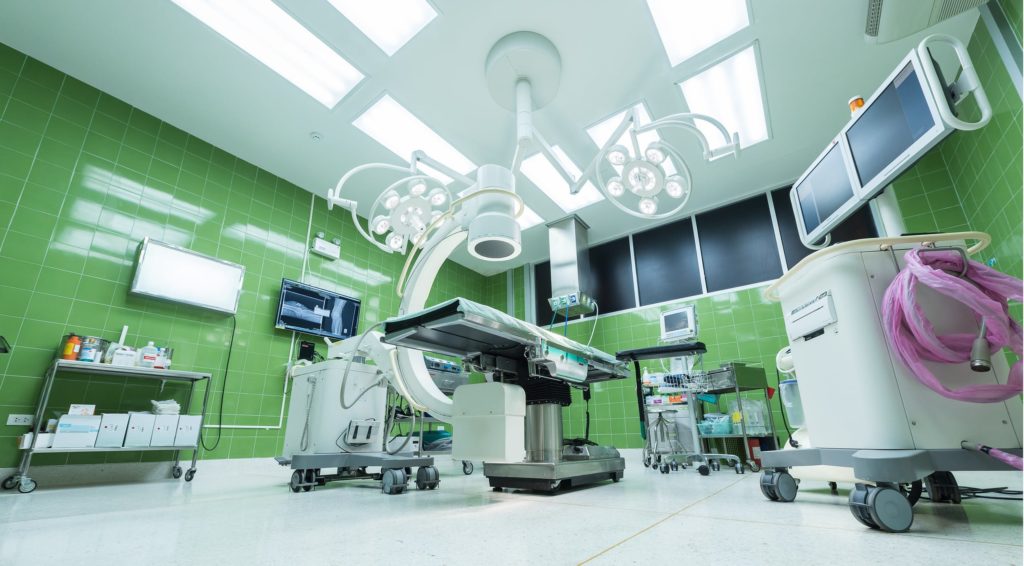Varicose veins form one of the most unpleasant conditions in people. They may cause extreme itchiness and may sometimes rupture, which leads to bleeding. Doctor Tonie Reincke, an experienced vein specialist, based in Sugarland, Texas, notes that veins may lead to varicose ulcers. To avoid any form of complication, it is important to consider vein treatment from a specialist vein doctor.
Vein Treatment Options
However, before committing to vein treatment, it is important to analyze the various methods of vein treatment in the world. You should consider advice from vein doctors such as Doctor Tonie Reincke, who operates one of the Metro Vein Centers. Here are some of the common vein treatment options that you can consider.
Surgical Treatment
Surgical vein treatment is not the most preferred method for treating veins. However, a vein doctor may recommend this approach if the veins are large. It includes surgical removal of the veins that have been bulging and swelling. You will not feel any pain because the surgical treatment process will be done under general anesthetic. One of the most important reasons why you should consider surgical treatment is that you can go home the same day.
Ligation and Stripping
Ligation and stripping is a surgical procedure in other words. However, it has a different approach because it involves complete removal of the entire vein. Your doctor will inform you that the entire vein, from the grown down to the ankle, will be removed. Some of the common side effects of ligation and stripping include extreme pain, excessive bleeding, and bruising. It is a rare vein treatment option that your vein specialist will recommend.
Radiofrequency Ablation
Radiofrequency ablation is very similar to ligation, and stripping vein treatment approaches. However, it does not involve complete removal of the entire vein. This method of treatment focuses on completely shutting down the vein from flowing blood again. It uses a catheter to blow high radio energy through the vein, which leads to the collapse of the veins’ walls. Your vein specialist will recommend radiofrequency ablation if you have larger varicose veins. You need to make sure that you have local anesthetics when using radiofrequency ablation for vein treatment.
Laser Vein Treatment
The laser treatment approach uses high energy to seal the target vein permanently. Short energy bursts are used to heat the vein, which leads to complete shutting. The short energy bursts are applied in stages to ensure there is a complete burning of the vein. This may lead to extended periods of pain. However, with the use of local anesthetics, the pain experienced may be eliminated or minimized. However, an experienced vein specialist will inform you of minor nerve injuries when using the laser vein treatment method.
Transilluminated powered phlebectomy
In this treatment approach, a special light is threaded under the skin so that the vein expert can see which vein needs to be taken out. The vein with the problem is removed through suction, where a suction device uses the incision technique. Bleeding and bruising are some of the common experiences, but local anesthetics make the whole vein cutting experience tolerable.
Sclerotherapy
Sclerotherapy is one of the vein treatment methods that use chemicals to treat a vein that is affected by varicose. Injected chemicals help in closing all the target veins that are demonstrating incidences of varicose problems. This treatment method is not immediate and may take some time to show results. In some instances, the chemical will need to be injected several times.
Doctor Tonie Reincke is a leading vein specialist who works with Metro Vein Centers to provide reliable and science-based vein treatment. She has more than ten years of experience and is behind more than one thousand vein treatments.





